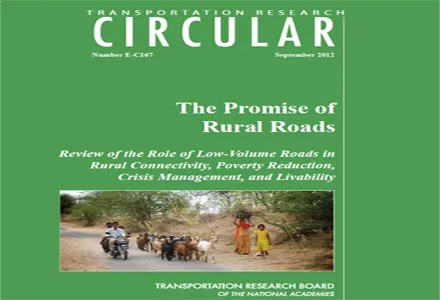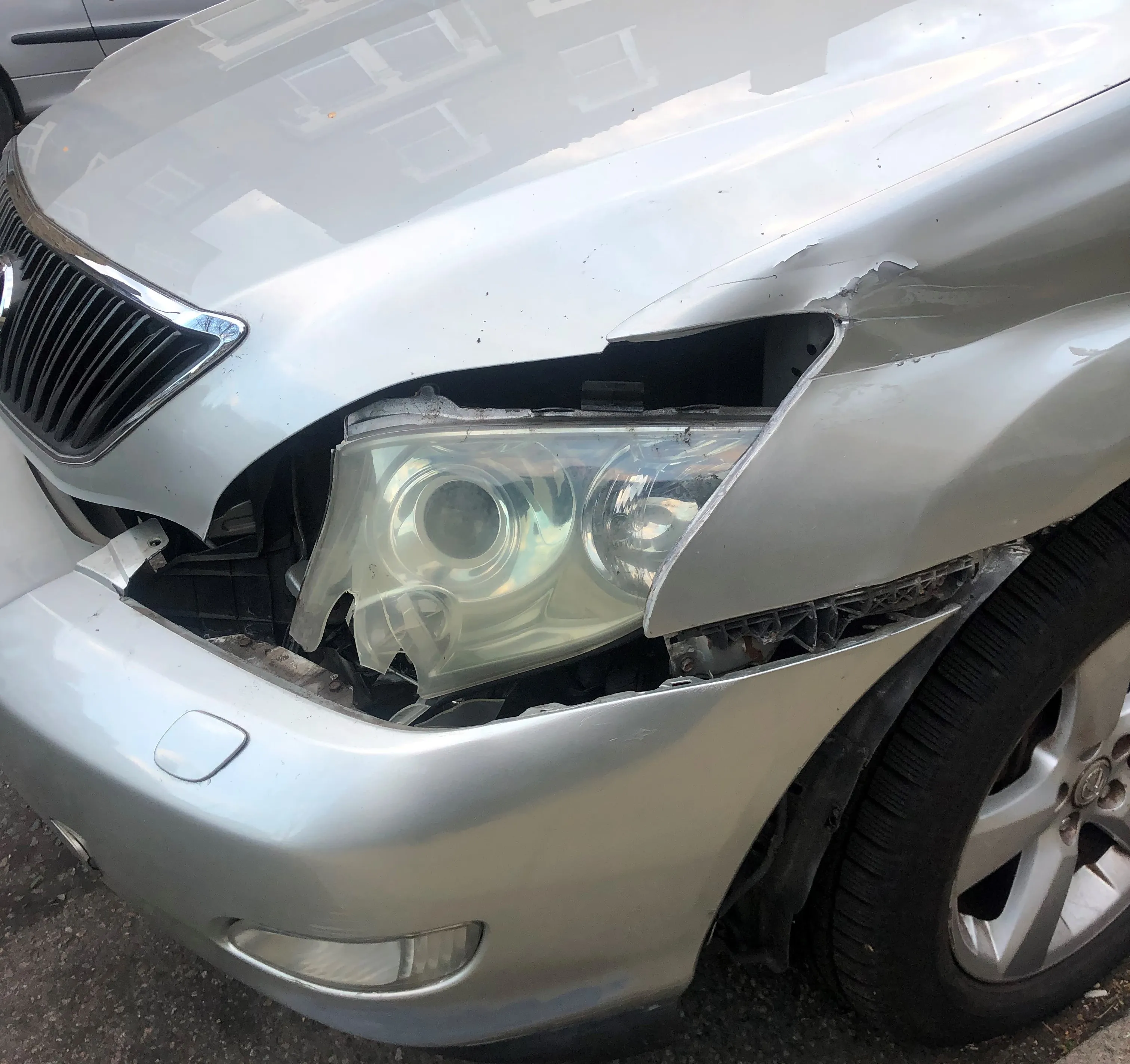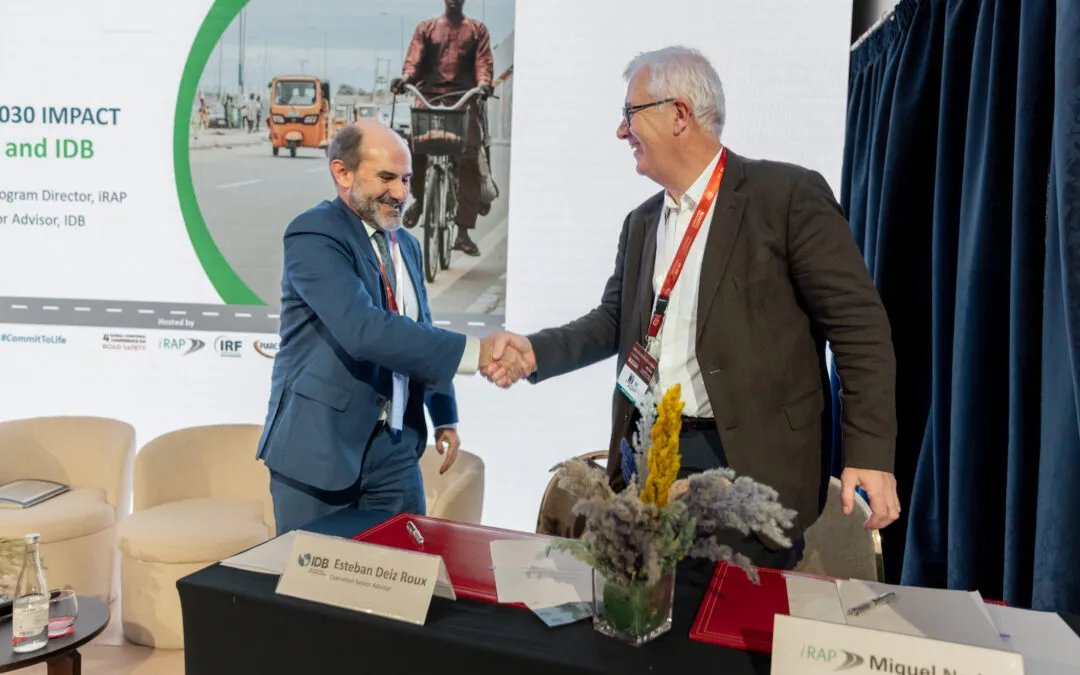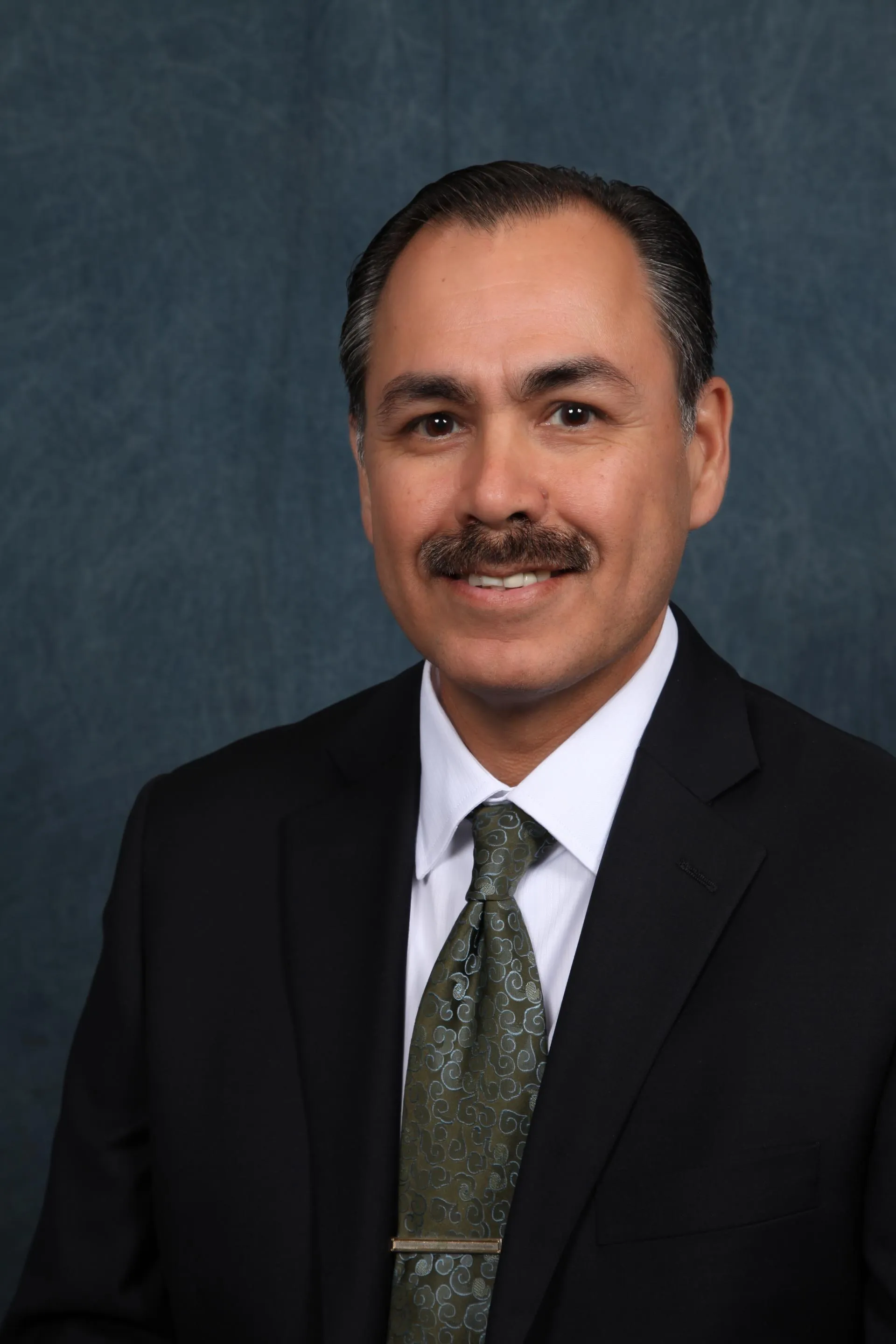This circular was prepared by Asif Faiz, Emeritus Member of the TRB Committee on Low- Volume Roads. Faiz received his undergraduate degree in civil engineering from Peshawar University in Pakistan in 1968. He received his master’s and doctoral degrees in transportation engineering from Purdue University in 1971 and 1975, respectively. He then joined the World Bank as an economist in the West Africa region. His international development experience of 37 years covers more than 40 developing countries in Sub-S
October 9, 2012
Read time: 2 mins

This circular was prepared by Asif Faiz, Emeritus Member of the 6705 TRB Committee on Low- Volume Roads. Faiz received his undergraduate degree in civil engineering from Peshawar University in Pakistan in 1968. He received his master’s and doctoral degrees in transportation engineering from Purdue University in 1971 and 1975, respectively. He then joined the 2332 World Bank as an economist in the West Africa region. His international development experience of 37 years covers more than 40 developing countries in Sub-Saharan Africa, Latin America, South Asia, East Asia and the Pacific, and Eastern Europe. He was the World Bank’s Highways Adviser from 1989 to 1992 and served in various advisory and management positions until his retirement in 2008. Since then, he has been working as a Consultant Adviser to the World Bank, AusAID, and the U.S. Institute for Peace. He has lectured internationally on the subject of lowvolume roads. Faiz has actively participated in the work of TRB throughout his tenure at Purdue University and the World Bank. His profile was featured in TR News, No. 156 (September– October 1991). In 1999, he received TRB’s Eldon Yoder Award for most outstanding paper on a topic related to low-volume roads.
Click the PDF Link to view more.
Click the PDF Link to view more.









